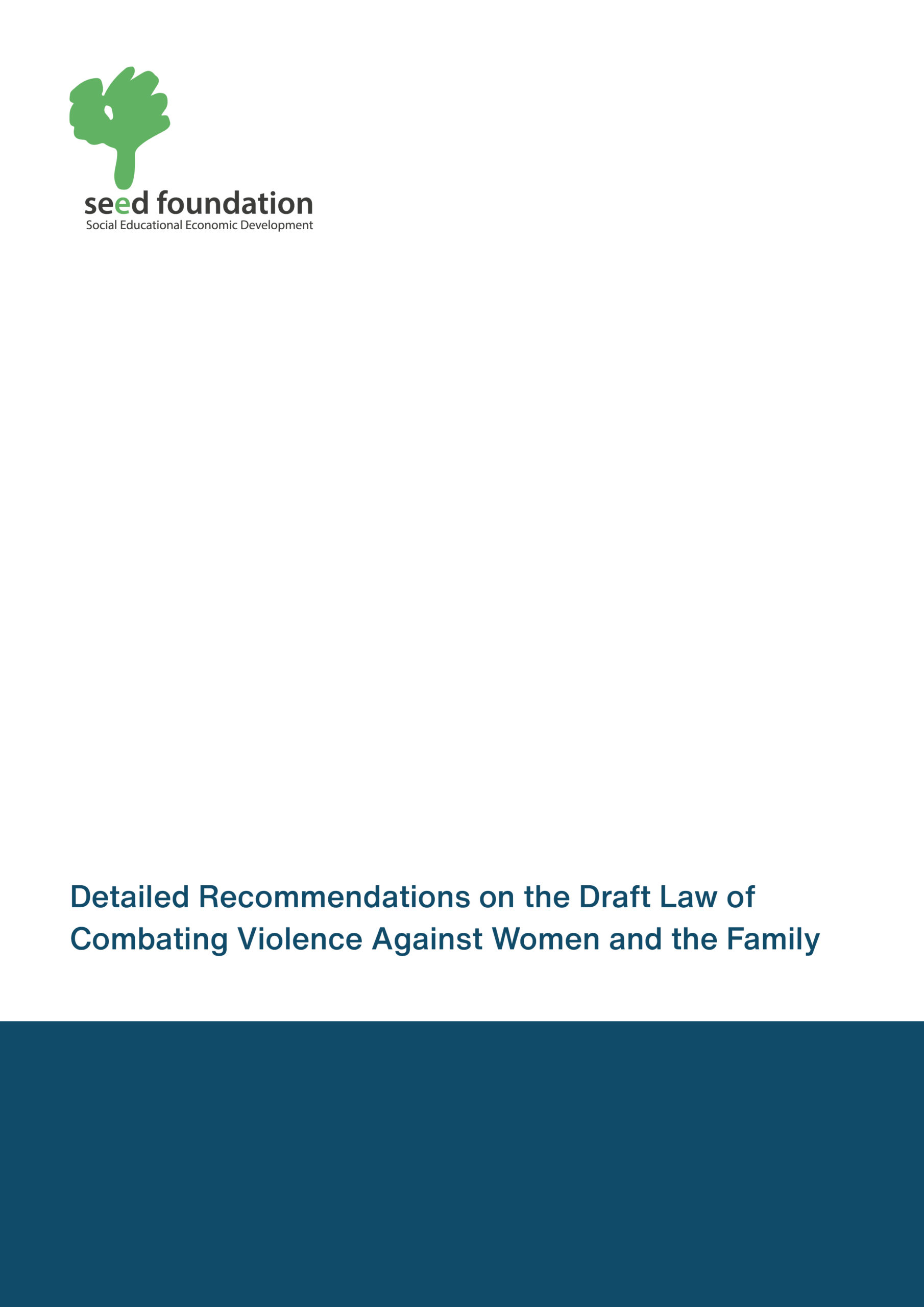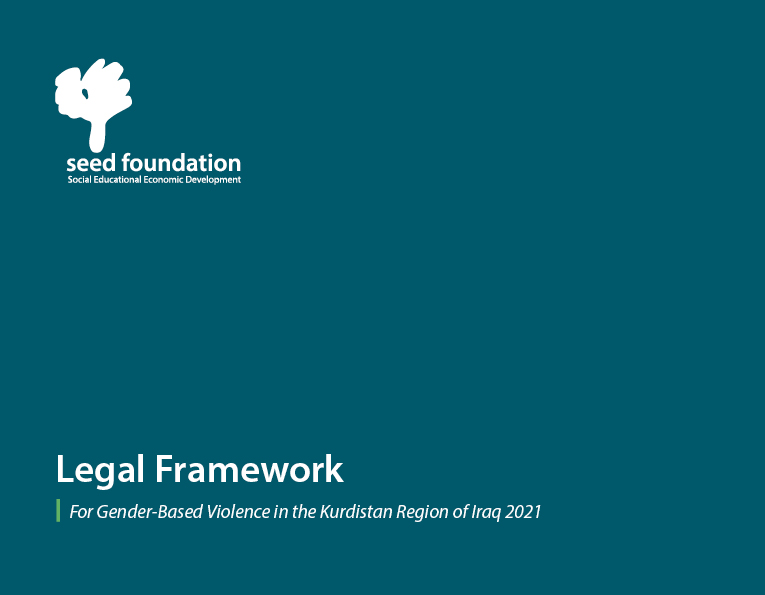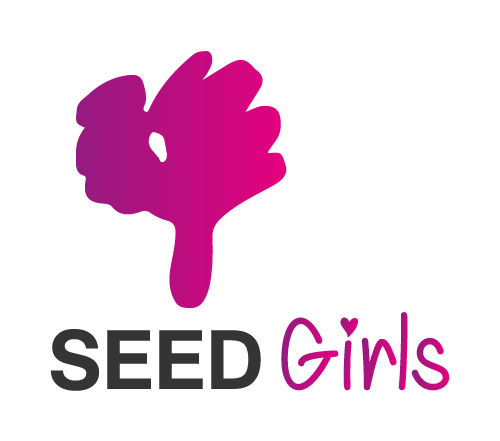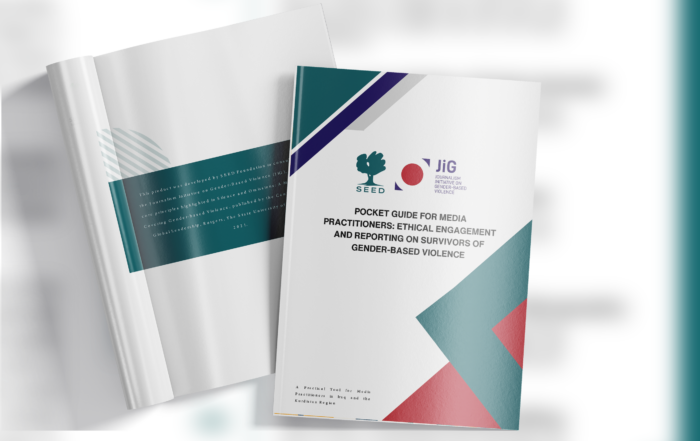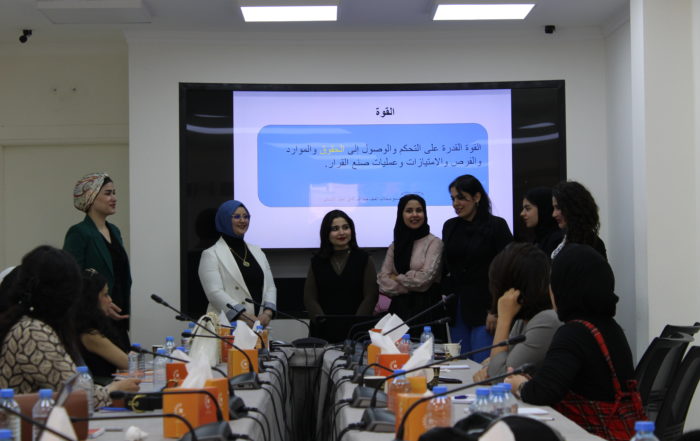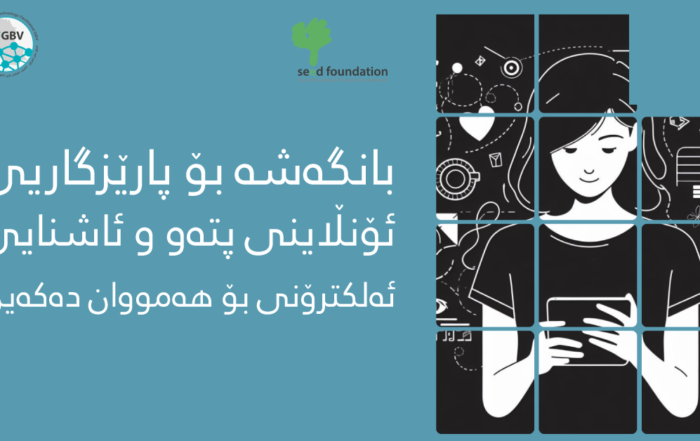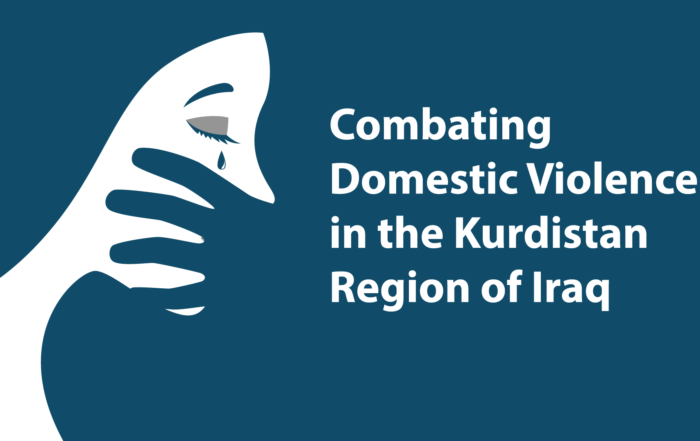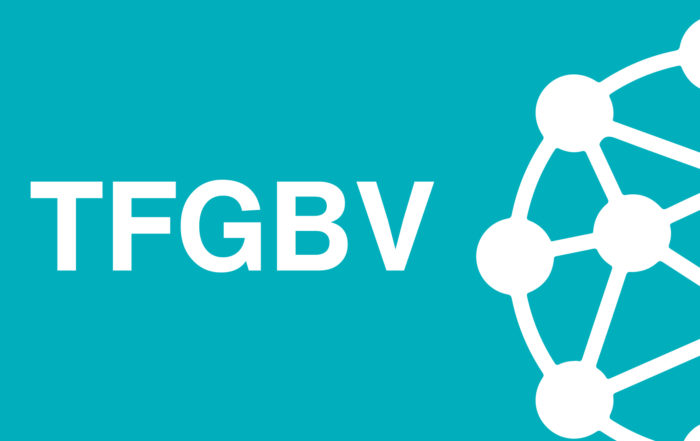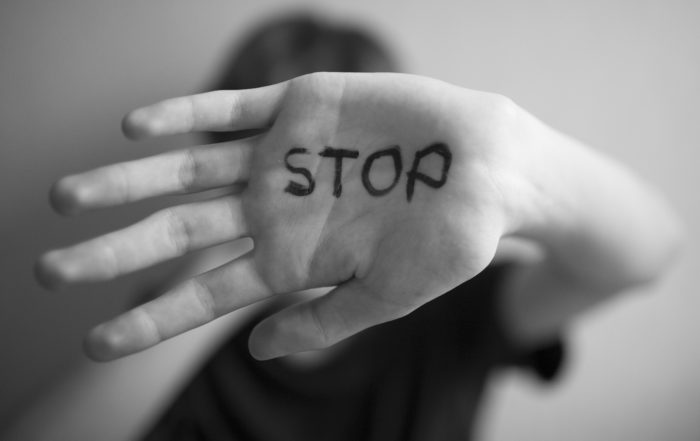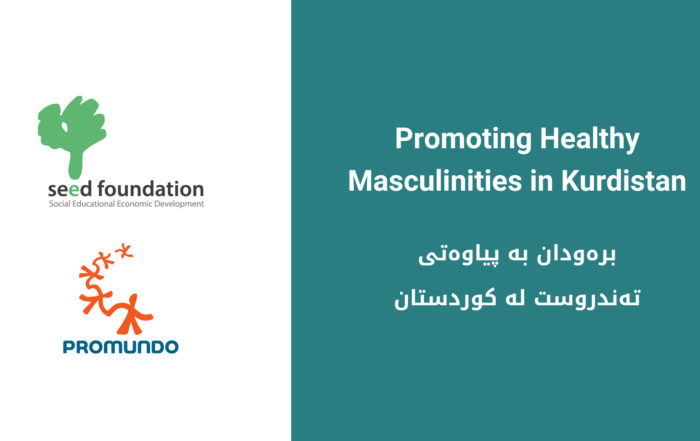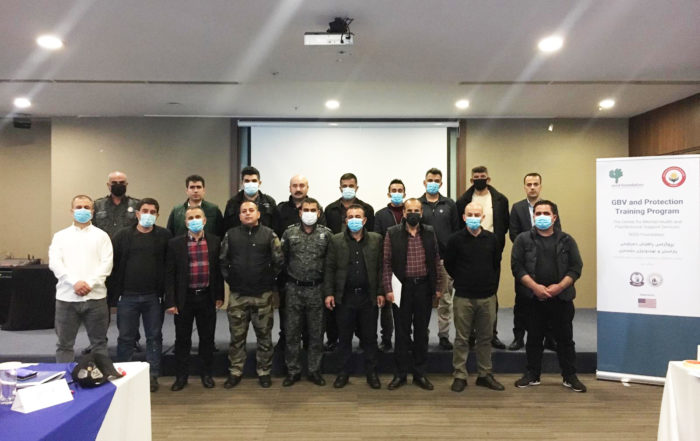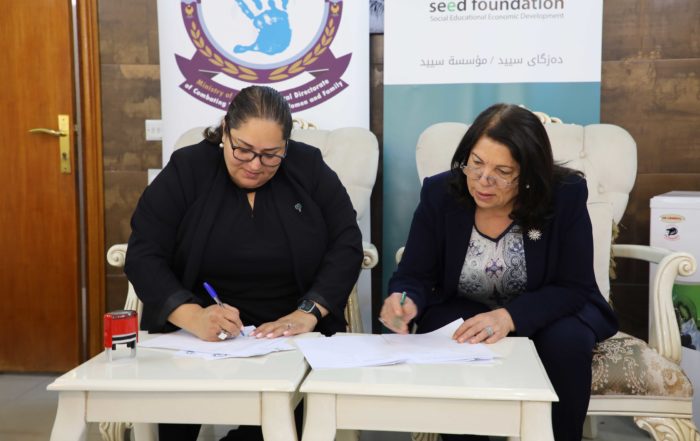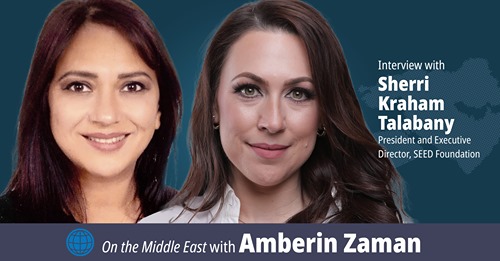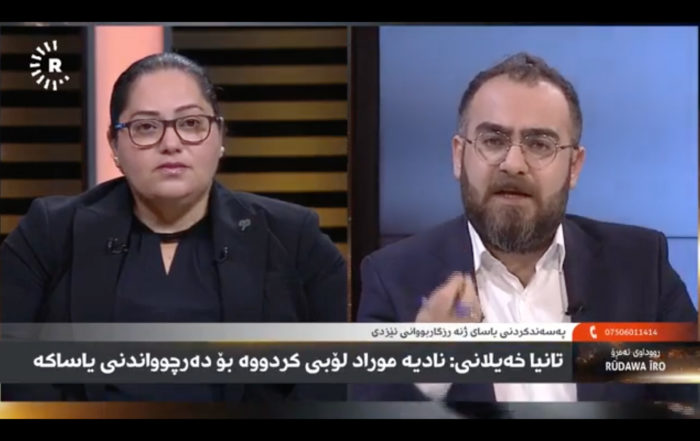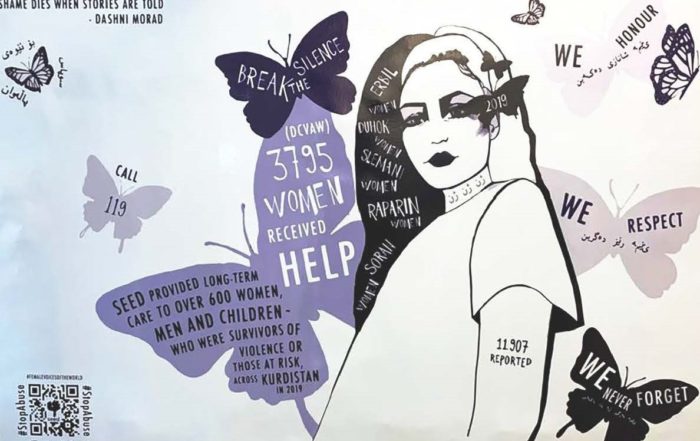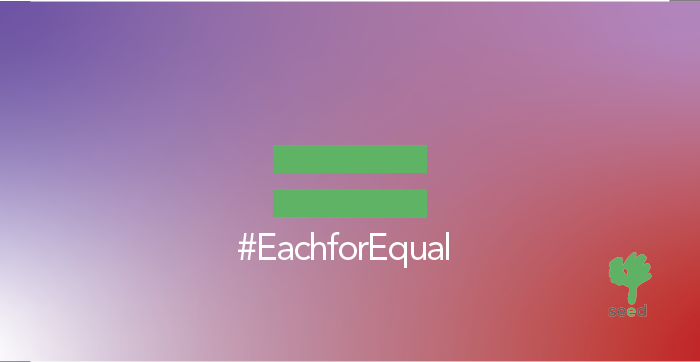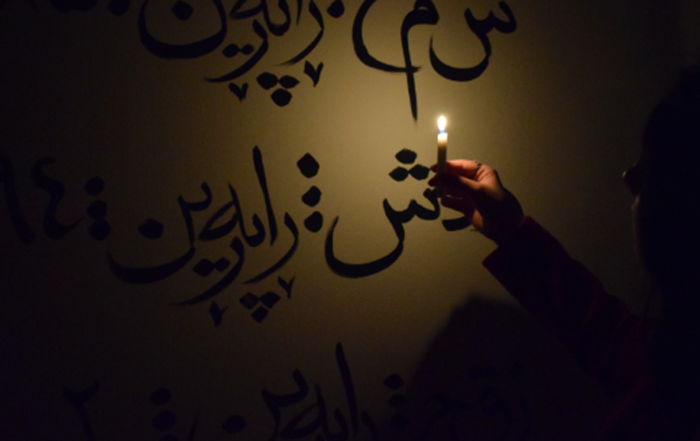Gender-Based Violence
GBV is endemic across Iraq, affecting women, girls, boys, and men
SEED works to strengthen laws, policies, and protections for survivors and those at risk.
Strengthening Laws
Kurdistan is one of the few places in the MENA region to have a law which criminalizes domestic violence. SEED is working with other NGOs and Government Agencies to improve this legislation and its application.
Building Capacity
SEED trains staff from government agencies such as the Department of Combating Violence Against Women and Families (DCVAW) and the Ministry of Labor and Social Affairs (MOLSA).
Training helps participants to:
Changing Cultural Norms
SEED raises awareness of the laws, services and issues around GBV in Kurdistan, to challenge societal stigmas placed on survivors and those at risk of GBV which form barriers to accessing help and protection through:
GBV
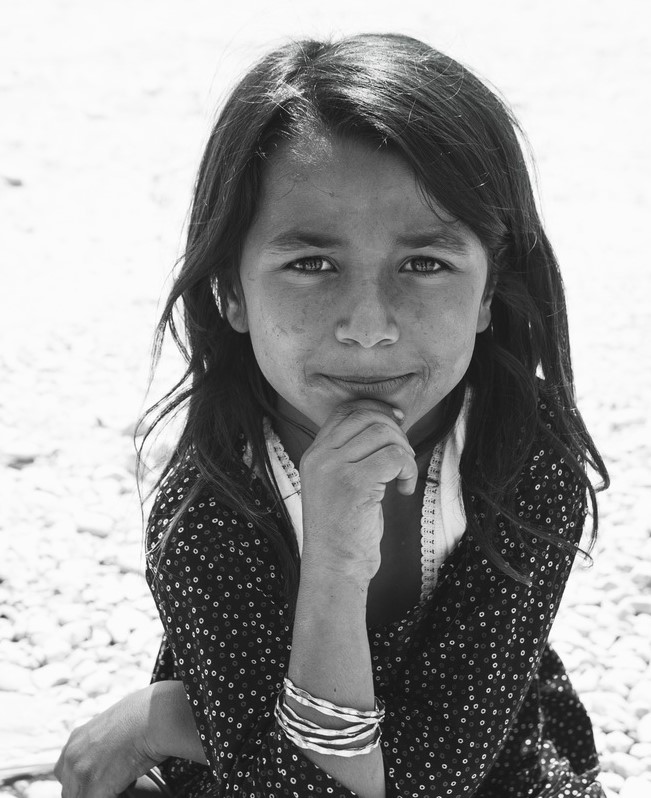
Almost 50% of women in Iraq will face violence in their homes
UN Women Global Database on Violence Against Women 2019
Technology-Facilitated GBV
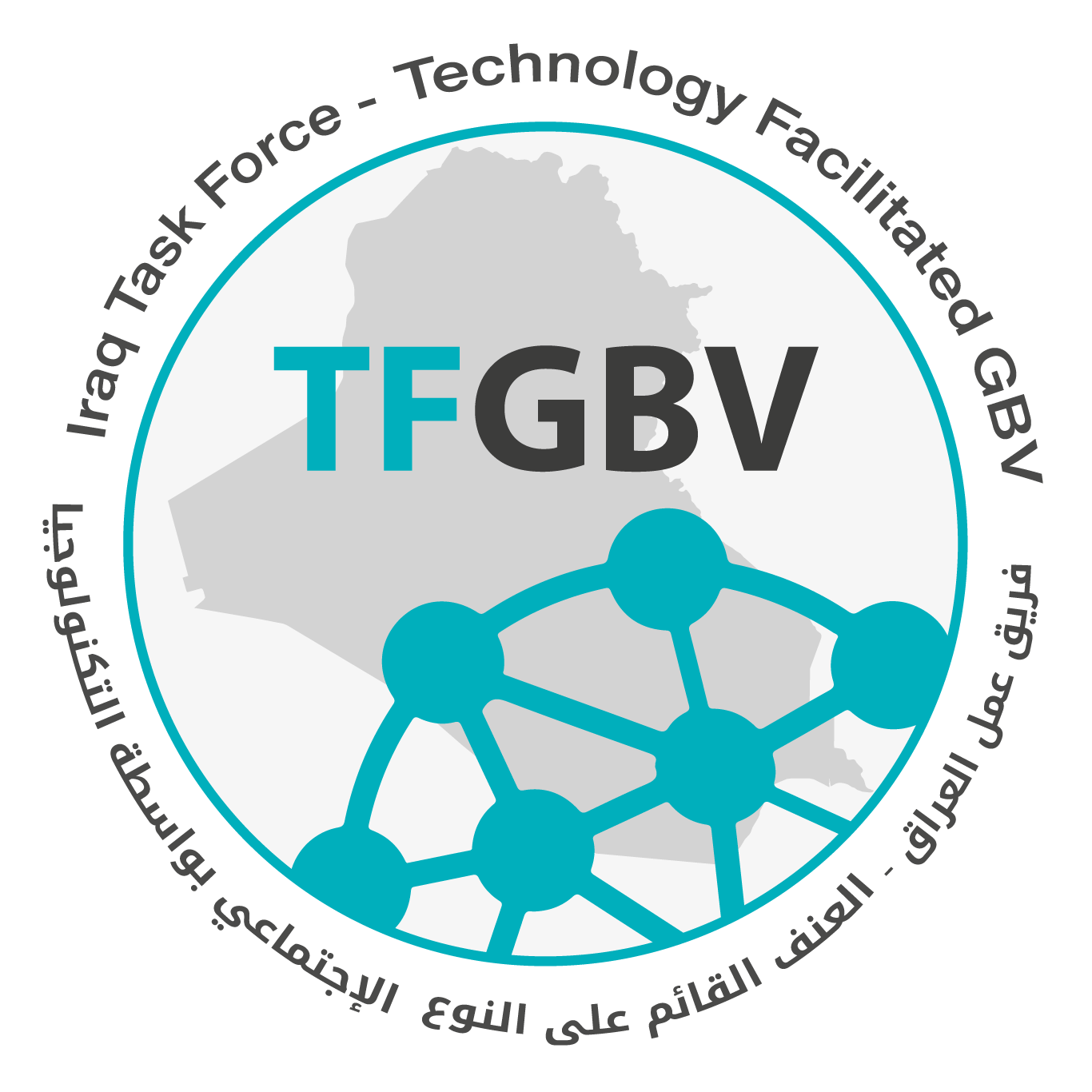
Pocket Guide for Ethical Reporting on GBV
In collaboration with the Journalism Initiative on Gender-Based Violence (JiG), SEED developed a pocket guide for media practitioners on ethical engagement and reporting on survivors of GBV. This guide provides essential tips and best practices for ethical reporting, to ensure the safety and security of survivors, and to stop the proliferation of negative and harmful rhetoric and stereotypes that normalize impunity for perpetrators.
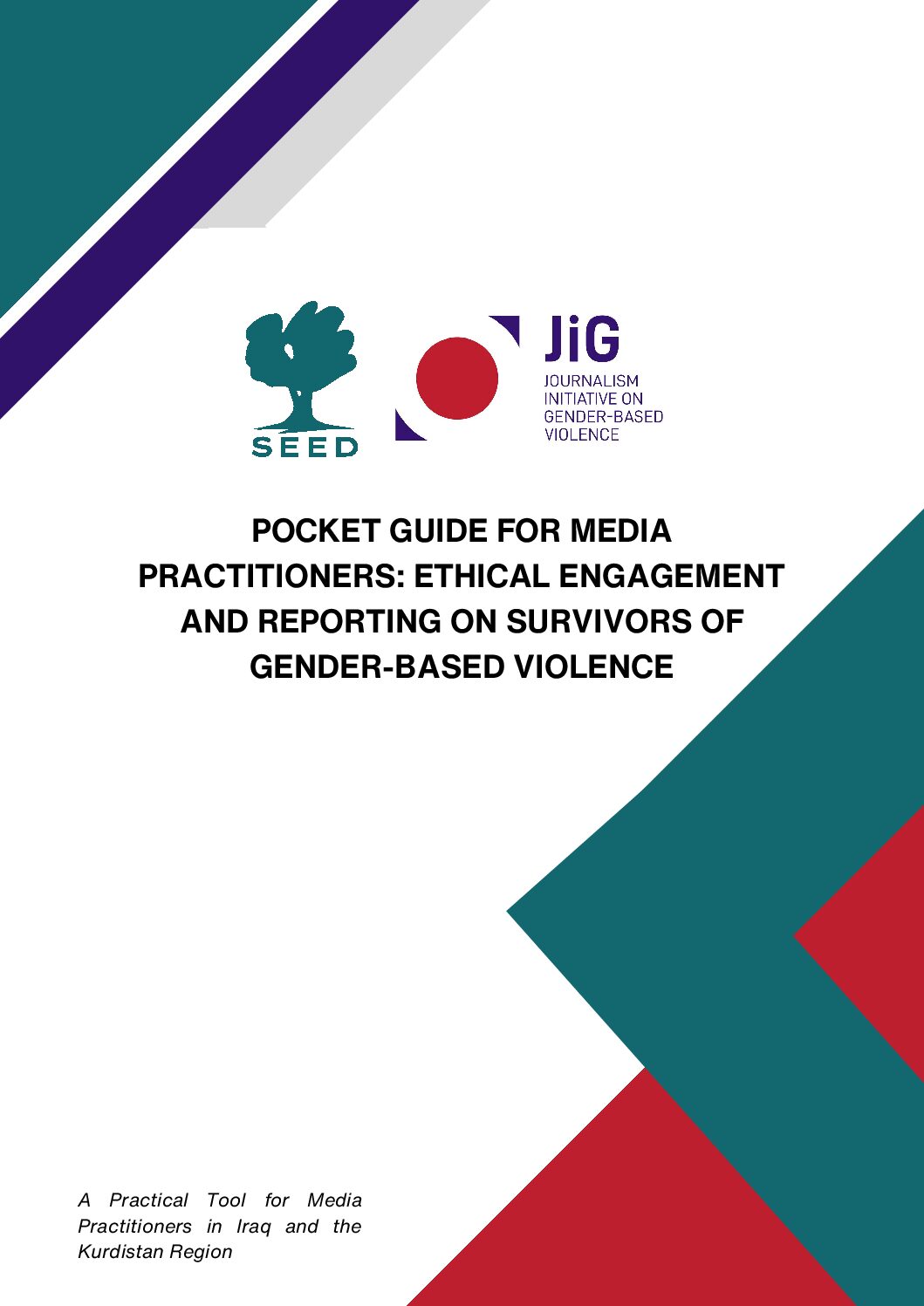
Engaging Men and Boys
SEED partnered with Equimundo: Center for Masculinities and Social Justice, to create ‘Healthy Families, Strong Communities’, a psychosocial support initiative based on approaches that have been effective around the world, to engage men and boys to raise their awareness about gender issues and GBV.
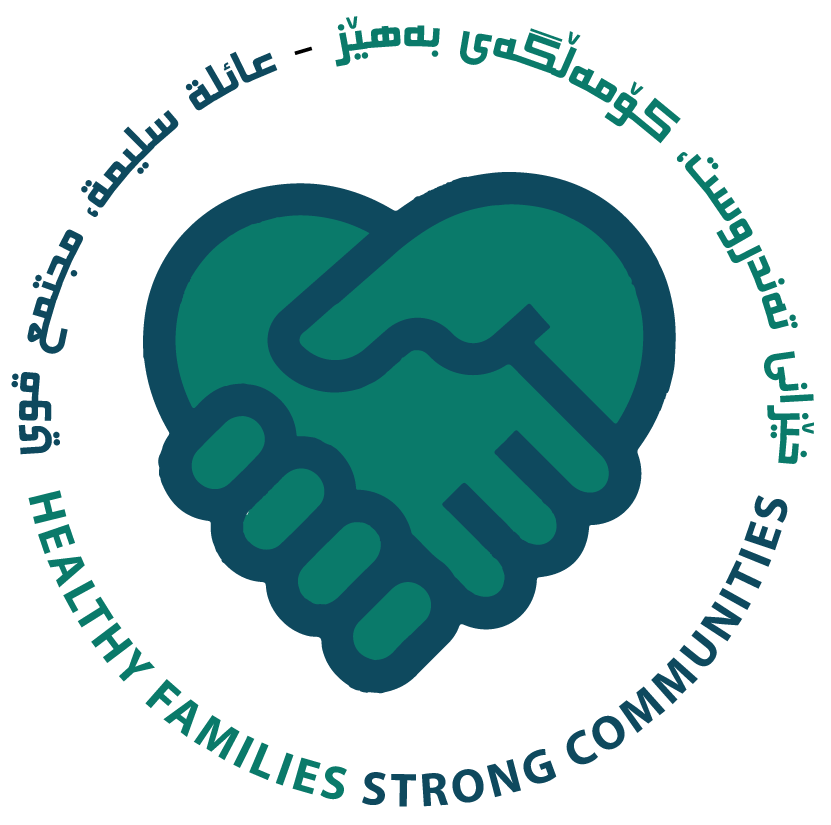
Combating Honor Killings and Gender Based Violence in the Kurdistan Region of Iraq
Recommendations to Amending Law No. 8 Combating Domestic Violence in the Kurdistan Region of Iraq of 2011
The groundbreaking legislation Act of Combating Domestic Violence in the Kurdistan Region of Iraq (Law No. 8) prohibits physical, sexual, psychological, socioeconomic violence, and harmful traditional practices perpetrated within families. While it remains critical to protect women from violence in their home, to have a stable, safe, and prosperous society for all, it is critical that the law protects women, men, girls, and boys against all forms of gender-based violence, in and out of the home.
EED Foundation’s aims to ensure a more inclusive and robust law that:
Working to Achieve Gender Equality in Kurdistan
SEED produced a series of three policy briefs on gender and the status of women in the Kurdistan Region of Iraq to help government actors, NGOs, civil society organizations, and the private sector develop gender-informed policies, strategies, and responses to the COVID-19 pandemic and beyond. SEED is working towards a Kurdistan with equal opportunity and rights for all.
Explore SEED’s series on gender and the status of women in the KRI.
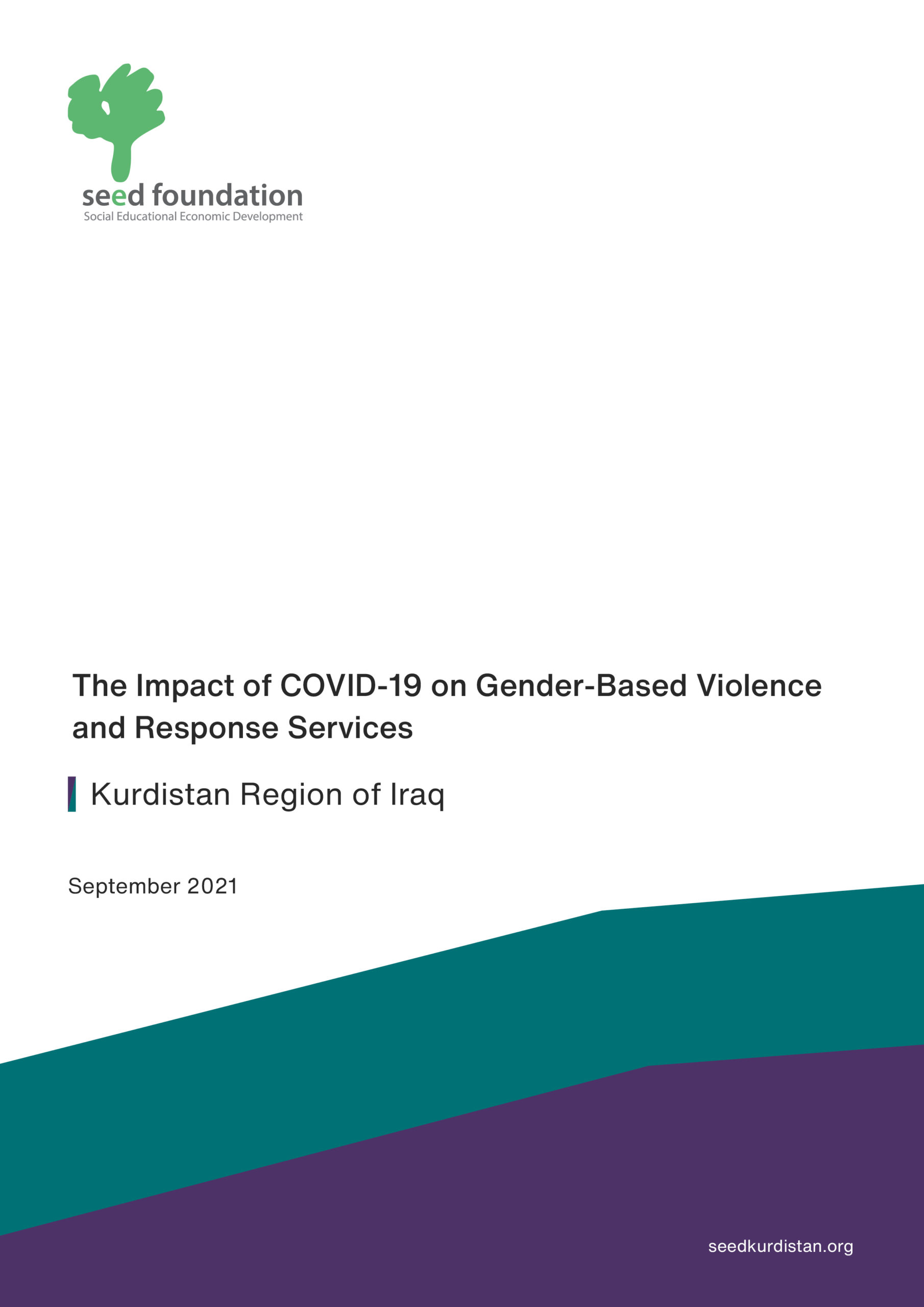
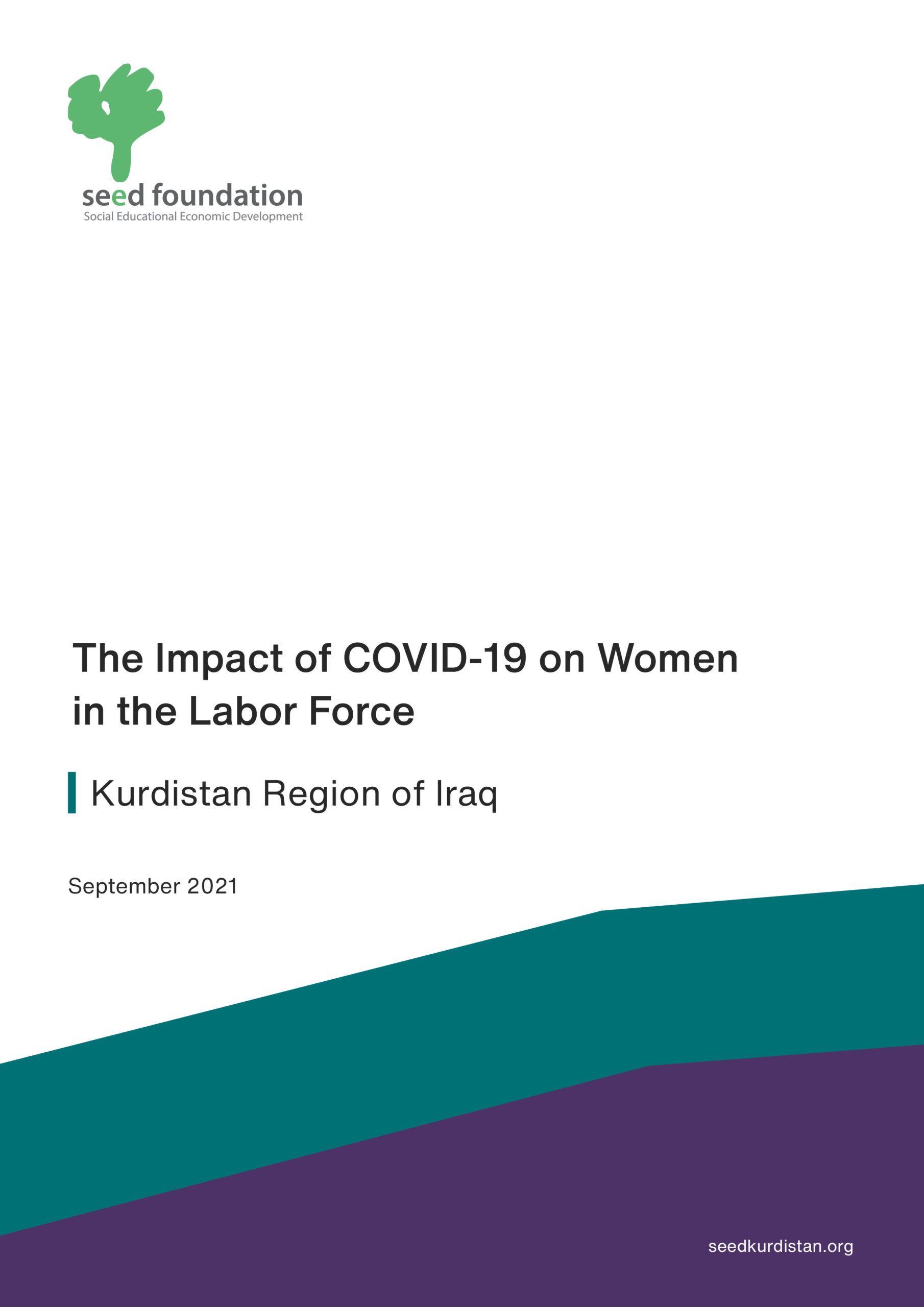
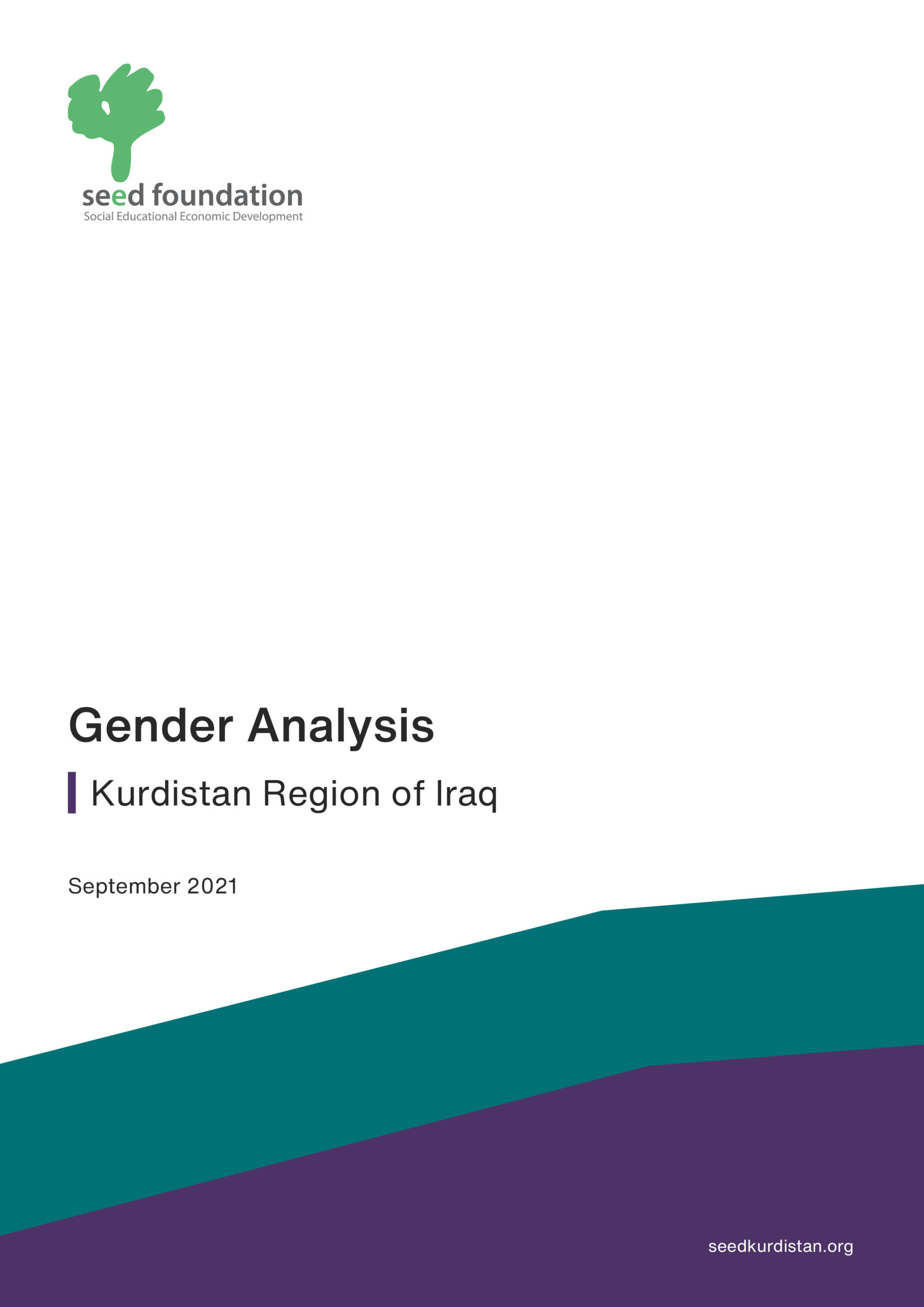
Legal Framework of Laws and Protections for Survivors and Those at Risk of GBV
The GBV Legal Framework provides an analysis and overview of the primary laws in Iraq and the Kurdistan Region of Iraq that provide legally binding protections against GBV for survivors and those at risk.
SEED created the Framework to be used as a resource for first responders, government actors, lawyers, NGOs, and others working to protect survivors and those at risk of GBV, or for policy and advocacy work with the ultimate goal of increasing protections and improving services for survivors and those at risk of GBV, and helping them claim their lawful rights.
Helping Girls Achieve Their Potential!
SEED Girls is a program designed to empower girls (aged 12-17 years) in Kurdistan, as they navigate gender and social barriers, risks, and the challenges they face during adolescence. SEED Girls fosters a sense of belonging and connection with peers to create a strong, supportive and empowered community.
#StopDomesticViolence
Domestic violence – or violence in the home – is a type of gender-based violence (GBV) and is endemic across the Kurdistan Region and in Iraq. It is largely perpetrated against women and girls due to inherent power structures and gender inequality.
Although the Kurdistan Region has legal protections and government institutions in place to protect against domestic violence, violence remains high and has increased in the context of economic hardship, war and conflict, and the COVID-19 pandemic. For all of Kurdistan to achieve peace, security, and prosperity, all individuals, particularly women and girls, need to be safe from harm and violence. Let’s start at home.
Keep your family happy and safe.
Campaign Animations
Preventing Sexual Exploitation, Harassment, and Abuse
Sexual exploitation, abuse and harassment are growing problems in Kurdistan and affect many young women and girls.
Social media has increased their vulnerability to being “sexploited” and harassed due to manipulation of photographs or by the sharing of their intimate/compromising photos, with women and girls at risk of losing their families, their safety, and their lives. Sexual harassment is not just an online problem, it happens in the workplace, schools, taxis and on the street.
Campaign Videos
Related Articles
SEED and the Journalism Initiative on GBV (JiG) Launch Pocket Guide for Media Practitioners on Ethical Engagement and Reporting on Survivors of GBV
کوردی SEED and the Journalism Initiative on GBV (JiG) [...]
Pocket Guide for Media Practitioners
Pocket Guide for Media Practitioners Harmful and stigmatizing coverage of women in the [...]
Between Books and Street-Smarts: Ethics of Journalism in Iraq and Kurdistan
Between Books and Street-Smarts: Ethics of Journalism in Iraq and Kurdistan The media — [...]
بەیاننامەی گروپی کاری بەرەنگاربوونەوەی توندوتیژی ئەلکترۆنی عێراقی لە ڕۆژی جیهانیی ئینتەرنێت
English بەیاننامەی گروپی کاری بەرەنگاربوونەوەی توندوتیژی ئەلکترۆنی عێراقی لە ڕۆژی جیهانیی ئینتەرنێت بانگەشە بۆ پارێزگاریی [...]
Iraq National TFGBV Task Force On World Internet Day
کوردی Iraq National TFGBV Task Force On World Internet Day We call for Strengthened Online [...]
Government of Iraq, Kurdistan Regional Government, UN, and Humanitarian Partners Launch the 16 Days of Activism Against Gender-Based Violence at Let’s Talk Conference
Government of Iraq, Kurdistan Regional Government, UN, and Humanitarian Partners Launch the 16 Days [...]
Combating Domestic Violence in the Kurdistan Region of Iraq
کوردی Combating Domestic Violence in the [...]
SEED Foundation Launches First Training on Technology Facilitated Gender-Based Violence (TFGBV) for NGOs in Iraq
کوردی SEED Foundation Launches First Training on Technology Facilitated Gender-Based Violence (TFGBV) for NGOs [...]
SEED Foundation Condemns Violence Against Women in Kurdistan
Statement Condemning Violence Against Women in Kurdistan کوردی SEED Foundation condemns all violence [...]
Webinar: Promoting Healthy Masculinities in Kurdistan
Webinar: Promoting Healthy Families in Kurdistan A panel of experts from SEED Foundation, Promundo-US, [...]
SEED Launches GBV and Referral Training Program for Police Officers from Sulaimani’s 104 Emergency Police Unit
SEED Launches GBV and Referral Training Program for Police Officers from Sulaimani's 104 Emergency Police [...]
SEED and DCVAW sign MOU to enhance cooperation on countering GBV in the Kurdistan Region
SEED and DCVAW sign MOU to enhance cooperation on countering GBV in the Kurdistan Region [...]
SEED President Kraham Talabany Discusses the Challenges Facing Survivors of ISIS with Al-Monitor
Source: Al-Monitor Date: March 16, 2021 SEED President Kraham Talabany Discusses the Challenges Facing [...]
Tanya Gilly Khailany Speaks to Rudawy Emro On The Passing Of The Yezidi Survivors’ Bill Into Law
Tanya Gilly Khailany Speaks to Rudawy Emro On The Passing Of The Yezidi Survivors’ [...]
HERStory Exhibit: Shame Dies When Stories are Told
SEED Foundation proudly co-sponsored the launch of an exhibiton to bring focus to femicide [...]
Furthering legal protections for women and families in Kurdistan
Kurdistan is one of the few places in the MENA region to have a law [...]
Erbil exhibit puts national focus on gender-based violence
Source: Rudaw English/ Author: Karwan Faidhi Dri/ Date: February 10, 2020 ERBIL, Kurdistan Region [...]

